Bed bugs can be a real nuisance and can make it difficult for you to get a good night’s sleep. If you’re dealing with bed bugs, there are a few different methodologies you can use to get rid of them.
Heat Treatment:
Bed bugs cannot survive in high temperatures, so heat treatment is a popular method to bed bugs. This involves heating up the infested area to a temperature that is lethal to bed bugs. Special equipment or direct sunlights are useful to do this.
Pesticides:
Pesticide is used to kill bed bugs. But, it’s important to use a pesticide that is specifically designed for bed bugs and to follow the instructions carefully. Some pesticides can be harmful to humans and pets, so it’s important to take proper precautions when using them.
Vacuuming:
Vacuuming can help to remove bed bugs and their eggs from carpets, mattresses, and other surfaces. Be sure to use a vacuum with a HEPA filter, which will trap the bed bugs and prevent them from escaping.
Steam Cleaning:
Steam cleaning can also be effective at killing bed bugs. The high temperature of the steam can kill both bed bugs and their eggs. However, it’s important to use a steam cleaner
Vinegar Kill Bed Bugs
Vinegar is a weak acid that has been used for centuries as a cleaning and disinfecting agent. While it can be effective at killing some types of bacteria and viruses, there is no evidence to suggest that vinegar is an effective method of killing bed bugs.
It is important to note that attempting to use vinegar or other household remedies to get rid of bed bugs can be dangerous and may not be effective.
Cold kill Bed Bugs
The most effective way to kill bed bugs with cold is to use freezing temperatures. Bed bugs can be killed by exposing them to temperatures below 0 degrees Fahrenheit for a long time. But, the temperature needs to remain below freezing for several days to work. Bed bugs have a way of surviving in harsh conditions for a long time called diapause. So, it’s important to make sure the temperature stays low for a while to get rid of them.
Diatomaceous Earth Kill Bed Bugs
Diatomaceous earth works by absorbing the oils and fats from the exoskeletons of insects, causing them to dehydrate and die. It’s considered to be a relatively safe and non-toxic method of pest control, as it’s made from natural ingredients and doesn’t contain any harmful chemicals.
However, it’s important to note that it’s not an immediate solution, as it can take several days or even weeks for it to be effective. This is because bed bugs can survive for long periods of time without feeding, and they may not come into contact with the diatomaceous earth right away.
Washing Clothes Kill Bed Bugs
Washing clothes can be an effective method of killing bed bugs. Bed bugs are sensitive to heat, and exposure to high temperatures can be lethal to them. According to research, bed bugs can be killed by exposing them to temperatures of 118°F for 20 minutes or more.
To use washing as a bed bug control method, it’s important to use the hottest water setting available and the longest washing cycle. It’s also recommended to use a laundry detergent that contains enzymes, as these enzymes can help to break down the bed bug exoskeleton and kill them more effectively.
Lysol Kill Bed Bugs
The answer is yes – Lysol can help get rid of bed bugs. In fact, it’s one of the most effective products for killing bed bugs and other types of insects.
Lysol is a disinfectant that contains active ingredients such as ethanol, or ethyl alcohol, and isopropyl alcohol, both of which are proven to be toxic to bed bugs. When sprayed directly on these pests, Lysol will kill them immediately. It can also be used to clean and sanitize areas where bed bugs may have been living. This includes mattresses, furniture, walls, floors, and other surfaces that have been infested by these pests.
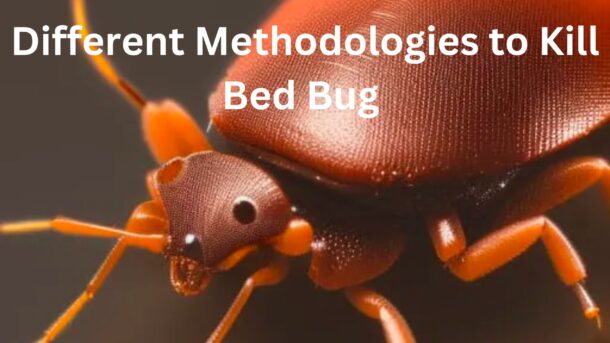
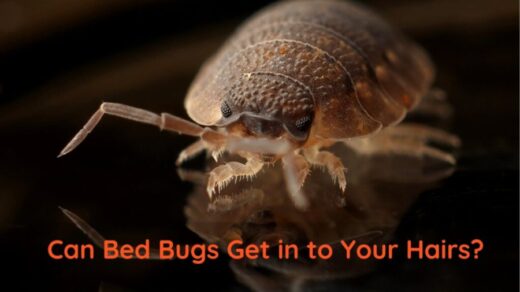
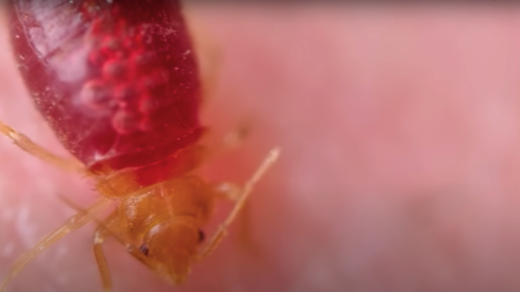
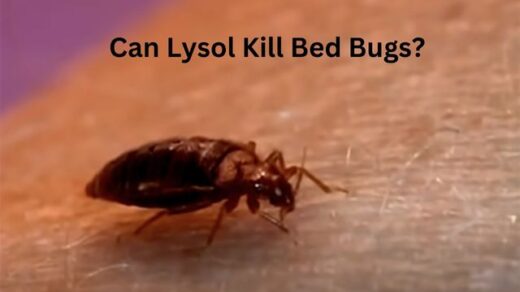
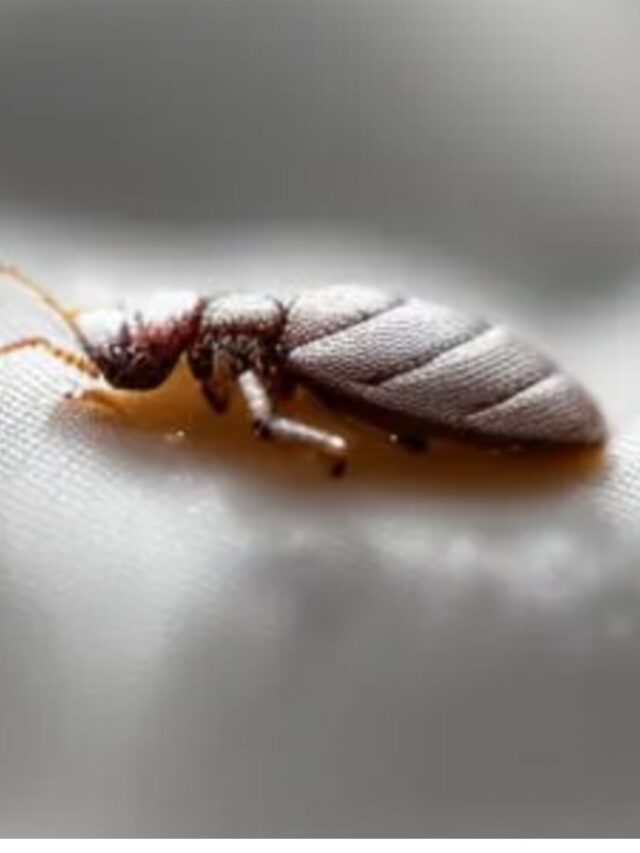
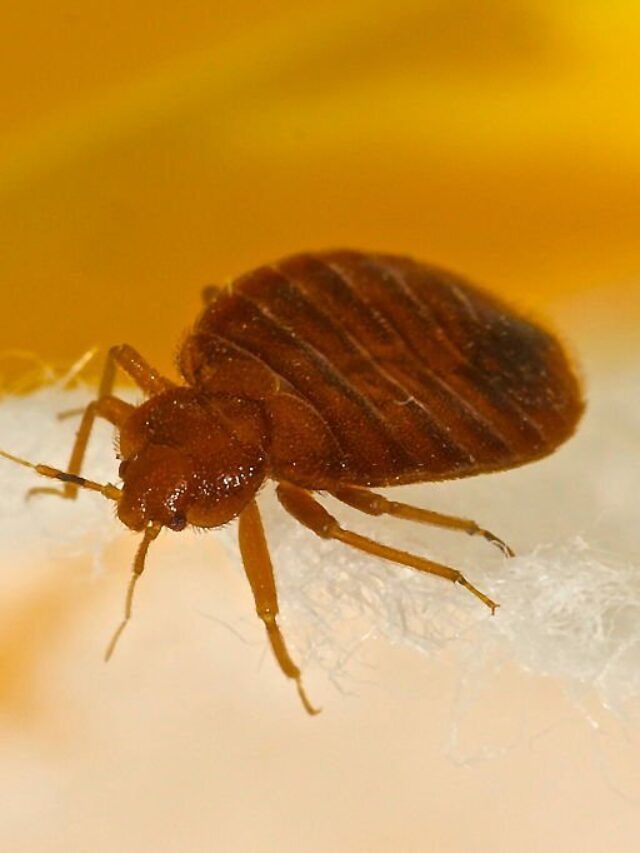
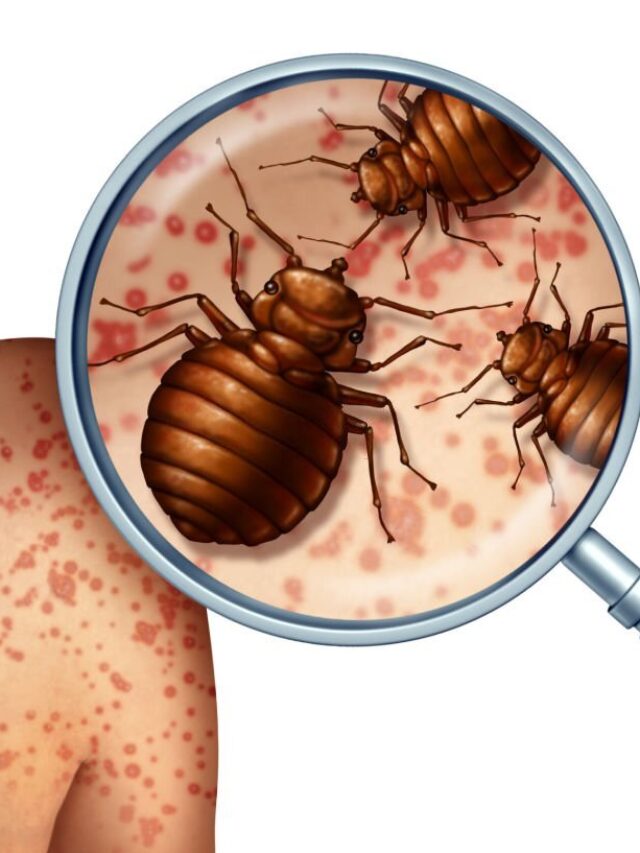

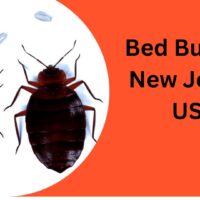
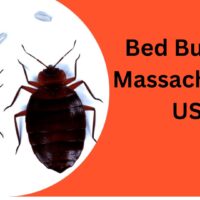

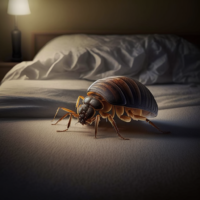
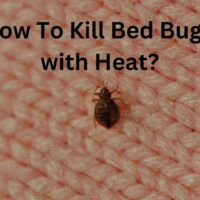
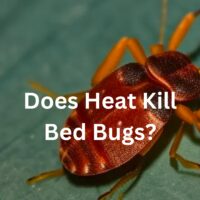
2 Responses
[…] may use a combination of methods, including heat treatment, pesticides, and other techniques, to eliminate bed bugs at all life […]
[…] may use different methods such as heat treatment, pesticides, and other techniques to completely eradicate bed bugs of all ages. So, don’t try to tackle […]